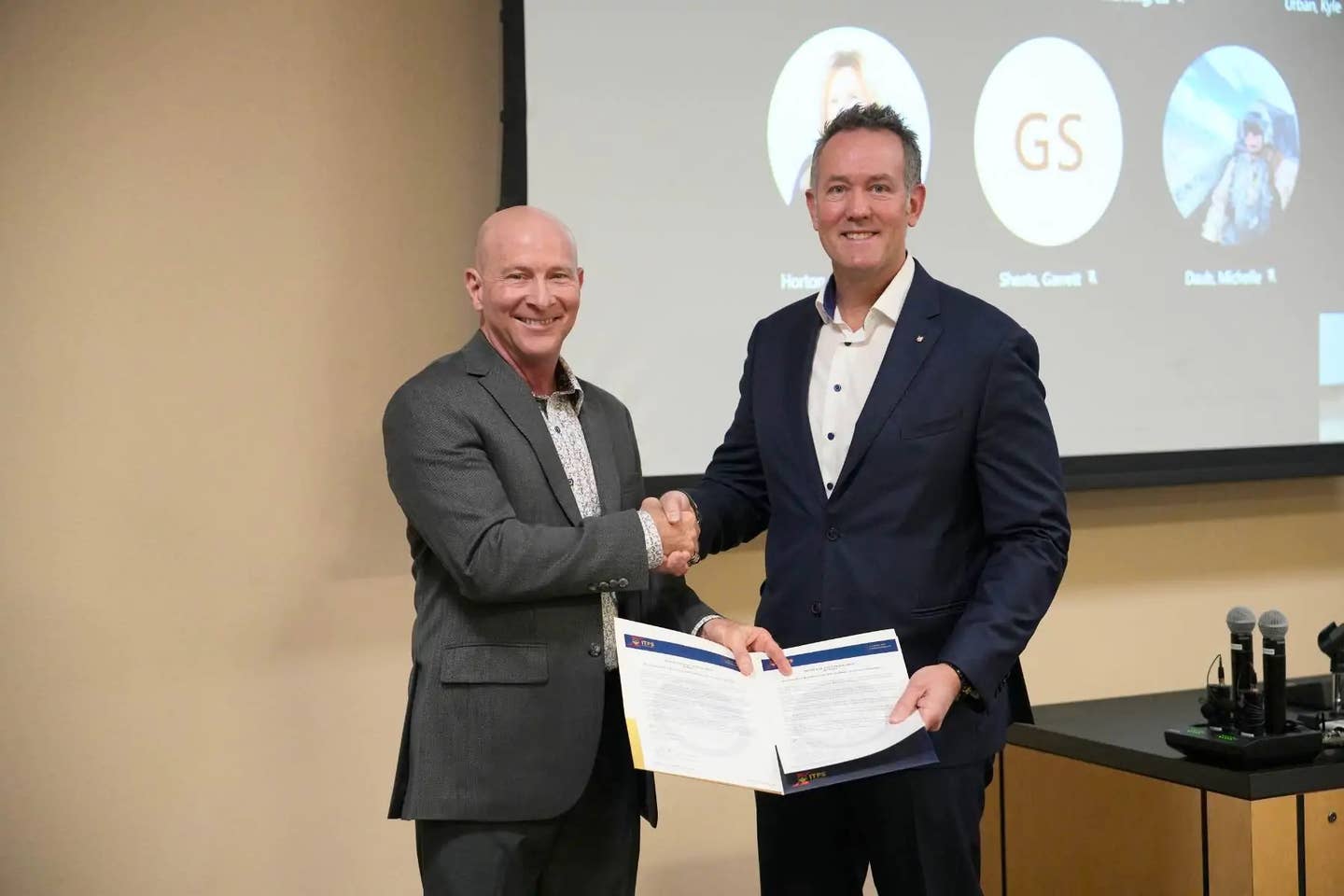Aspen FBO Manager Appeals to Local Officials To Set Carbon Offsets
Some of the wording of a letter to the editor of a local Aspen, Colorado, newspaper doesn’t sound like it’s coming from the GA side, until you take a closer…

Image: Aspen/Pitkin County Airport
Some of the wording of a letter to the editor of a local Aspen, Colorado, newspaper doesn’t sound like it’s coming from the GA side, until you take a closer look. “Our airport is the second-largest contributor to greenhouse gases in the county. Let’s stop saying we want to do something about CO2 emissions and actually do something about them,” the letter reads, in part.
The author is Cliff Runge, general manager of Aspen Aviation at Aspen/Pitkin County Airport (aka Sardy Field), a prime roosting spot for top-tier business jets. His green approach to business aviation might come as a surprise, until you read further:
“In 1993 my company, Aspen Base Operation, entered into a 30-year lease to be the ‘gas station,’ (FBO or fixed base operation), for general aviation aircraft at Sardy Field. Just in very round numbers, Aspen Base Operation was selling in the neighborhood of five million gallons of Jet A and Avgas in 2006. Those gallon volumes have significantly increased since that time, probably doubling.
“In 2011, a couple of us attempted to convince Pitkin County to allow a second fuel provider to demonstrate the viability of carbon offsetting 100 percent of the retail fuel sold at our airport. This was not a complicated proposal. Basically, $1 of every gallon of fuel sold to the fleet of business jets operating here would be used to develop wind or solar power to offset the gallon of fuel sold. Further, that solar and wind power would belong to the FBO firm selling the fuel. In other words, the clean power developed by the company would itself become a source of revenue to the FBO operator selling the fuel. Unfortunately, our attempt at this demonstration project was never approved.
“This RFP requirement would enable millions of dollars every year to be directed toward developing renewable energy,” he concluded.






